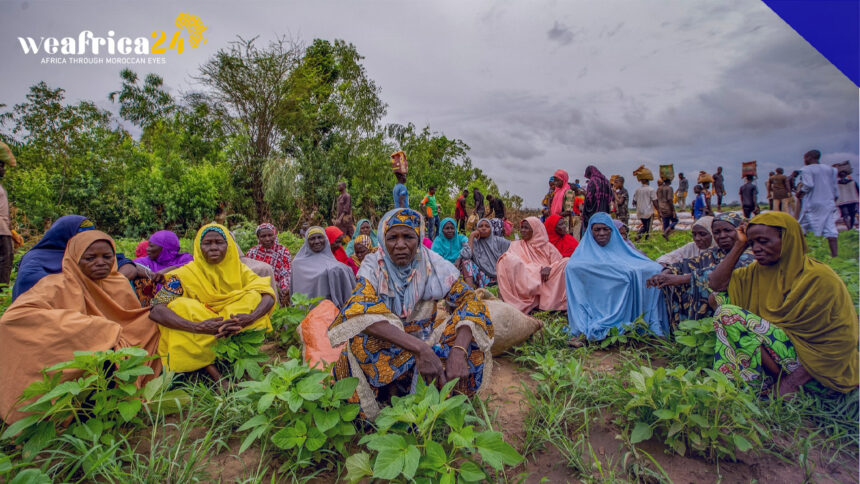Food security remains a critical challenge across Africa, with millions of people facing hunger and malnutrition. Despite efforts from governments, NGOs, and international organizations, achieving food security in Africa remains a daunting task. This report explores the current state of food security in Africa, analyzes challenges, and proposes strategies for achieving this crucial objective.
Current State of Food Security in Africa
Africa is home to some of the world’s most food-insecure regions, with factors such as climate change, conflict, and poor infrastructure exacerbating the problem. According to the Food and Agriculture Organization (FAO), over 250 million people in sub-Saharan Africa suffer from hunger, accounting for nearly 20% of the population.
Challenges to Achieving Food Security
Africa is particularly vulnerable to the impacts of climate change, including droughts, floods, and erratic rainfall patterns, which disrupt agricultural production and food supply chains.
Protracted conflicts in several African countries, such as South Sudan, Somalia, and the Democratic Republic of Congo, have displaced millions of people, disrupted agricultural activities, and led to food shortages.
Inadequate transportation, storage facilities, and irrigation systems hinder agricultural productivity and contribute to post-harvest losses. High levels of poverty limit access to food, as millions of Africans cannot afford a nutritious diet.
Strategies for Achieving Food Security
Governments and international donors must prioritize investment in agriculture, including modernizing farming techniques, improving access to inputs such as seeds and fertilizers, and promoting sustainable practices.
Implementing climate-smart agriculture practices, such as drought-resistant crop varieties, water harvesting, and agroforestry, can help mitigate the impacts of climate change on food production.
Addressing the root causes of conflicts and promoting peacebuilding efforts are essential for restoring stability and enabling communities to resume agricultural activities.
Improving infrastructure, including roads, storage facilities, and market linkages, can enhance the efficiency of food distribution and reduce post-harvest losses.
Implementing social safety nets, such as cash transfers and food assistance programs, can provide vulnerable populations with the means to access nutritious food during times of crisis.
While achieving food security in Africa is a complex and multifaceted challenge, it is not insurmountable. By addressing the underlying causes of food insecurity, implementing targeted interventions, and fostering partnerships between governments, NGOs, and the private sector, Africa can move closer to realizing the goal of food security for all its citizens.







